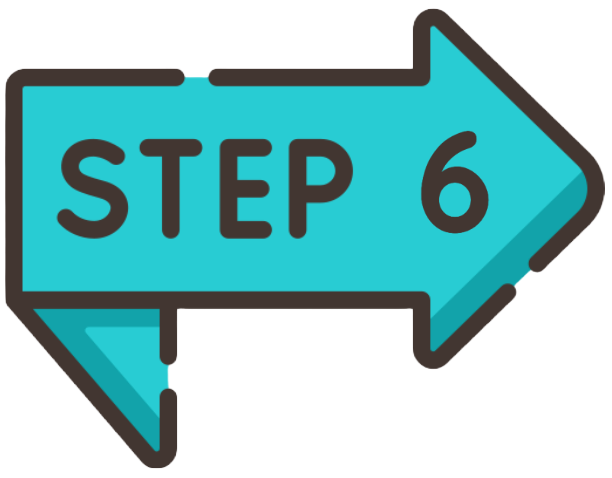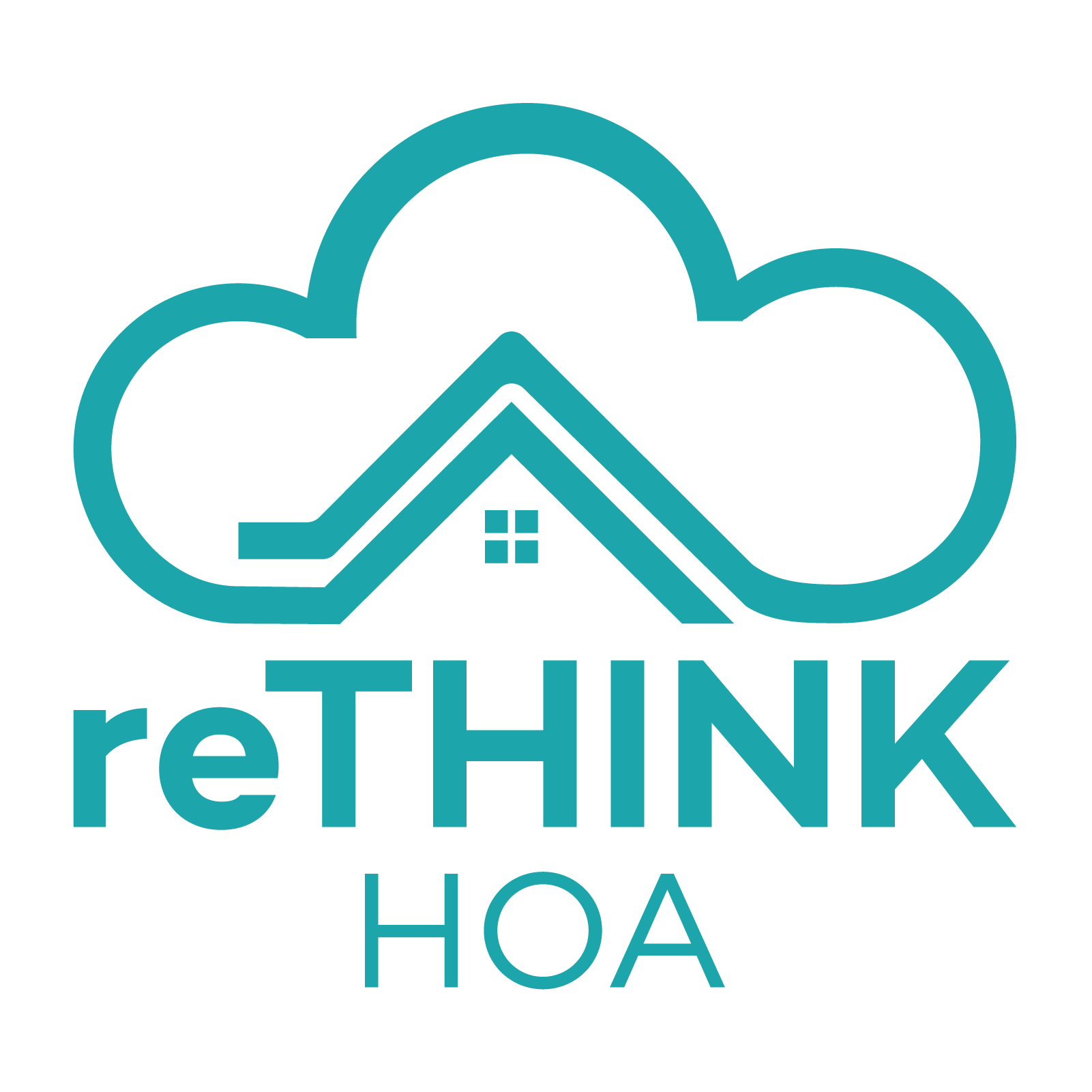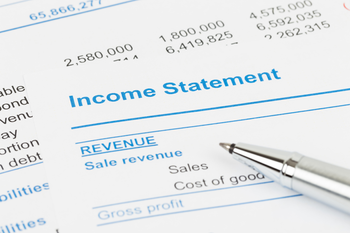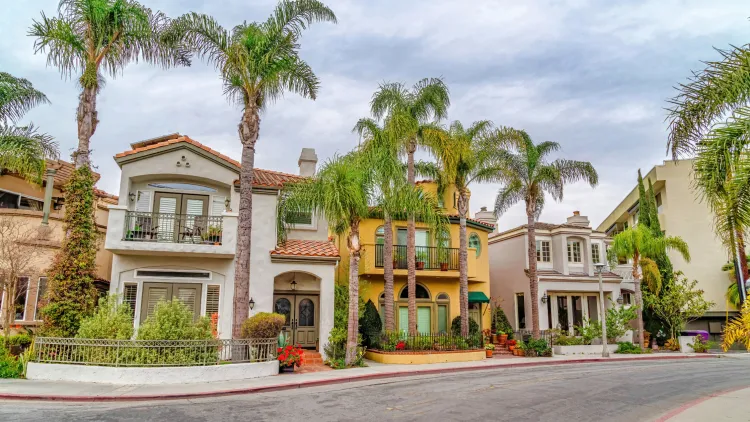As we approach the close of the year, many Homeowners Associations (HOAs) find themselves needing to plan for the next one. Regular and well-structured budgeting is vital for the success of any community, and HOAs play a crucial role in maintaining quality and harmony within their neighborhoods. Responsible for the upkeep and maintenance of common areas and amenities, HOAs must prepare an annual pro forma budget that aligns with the community's needs and expectations. This guide will walk you through developing an HOA budget and provide a free template for your use, ensuring your community thrives in the coming year.

- Creating an HOA budget is essential (and may be legally required) for community success, ensuring the maintenance of common areas and alignment with community needs and values.
- Budgeting involves reviewing past budgets, identifying and prioritizing upcoming expenses, and determining income sources.
- The budget creation process requires collaboration to draft, adjust, approve, and distribute the final budget to community members.
Review the Previous Year's Budget and Expenses

Begin by assessing last year's budget and expenses. Review your Budget Comparison Report and analyze how the HOA spent its funds. Identify areas where the budget might have fallen short. Recognize any unexpected expenses and include a buffer in the new budget to prepare for unforeseen costs in the coming year.
Identify Upcoming Expenses

Understanding past expenses is key to creating a realistic budget. Consider routine maintenance, repairs, and upgrades. Reviewing the HOA's reserve study may be useful at this stage. Consult vendors and other business partners to anticipate rate changes and discuss new projects or initiatives with HOA board members to estimate potential expenses.
Set Priorities

Categorize upcoming expenses based on importance, beginning with essential community needs. Prioritize mandatory expenses like utilities and insurance premiums. Next, focus on enhancements such as community events or amenities. Lastly, evaluate discretionary expenditures and determine whether they align with the budget.
Determine Income Sources

Examine income sources, primarily homeowners' dues.Compare them with the previous year and adjust as necessary to reflect any changes. Ensure that projected income aligns with expenses and reserve fund contributions.
Create a Draft Budget

Traditionally, creating an HOA budget involves tedious spreadsheets and manual calculations. The reTHINK HOA Budgeting App eliminates these frustrations by automating the process. Simply enter your HOA's income sources, anticipated expenses, and reserve contributions, and let the app generate an accurate, professional budget—ready for board review.
Approve and Distribute the Final Budget

Hold a meeting to review and approve the budget with your HOA members. Distribute the proposed budget to community members to illustrate how their dues will enhance their living experience. Once approved, finalize and disseminate the budget.
Additional Information For California HOAs
Unless your HOA's governing documents impose more stringent standards[3]:
- The annual budget report must be distributed 30-90 days before the end of the fiscal year.
- The operating budget must include all projected expenses, contributions to reserves, and an estimated revenue/expense report on an accrual basis.
Take Controll of Your HOA's Finances Today
Creating an HOA budget doesn’t have to be time-consuming or complicated. With the reTHINK HOA Budgeting App, you’ll get a streamlined, error-free, and professionally formatted budget—all for just $24.99.
✅ No complicated spreadsheets
✅ Fast and accurate calculations
✅ Compliant with HOA financial best practices
👉 Get the reTHINK HOA Budgeting App now!
Upon payment, you will receive an email within 1-2 business days with instructions to set up your password and access the reTHINK HOA Budgeting App.
Footnotes & References
- Investopedia. Pro Forma: What It Means and How to Create Pro Forma Financial Statements.
- Davis-Stirling.com. Preparing Annual Budgets.
- California Legislative Information. Civil Code § 5300 – Pro Forma Operating Budget.
- State of California Department of Real Estate. Reserve Study Guidelines for Homeowner Association Budgets.
- Community Association Institute. Reserve Requirements and Funding.






